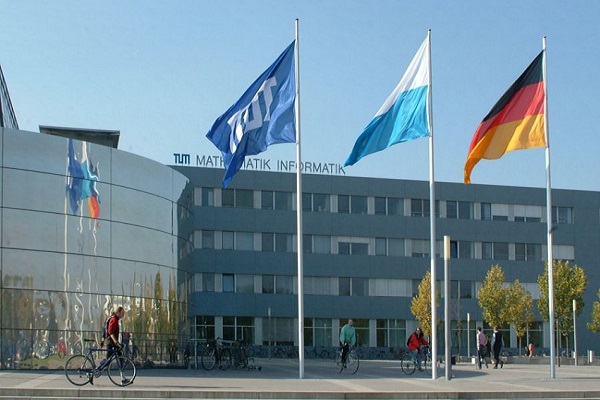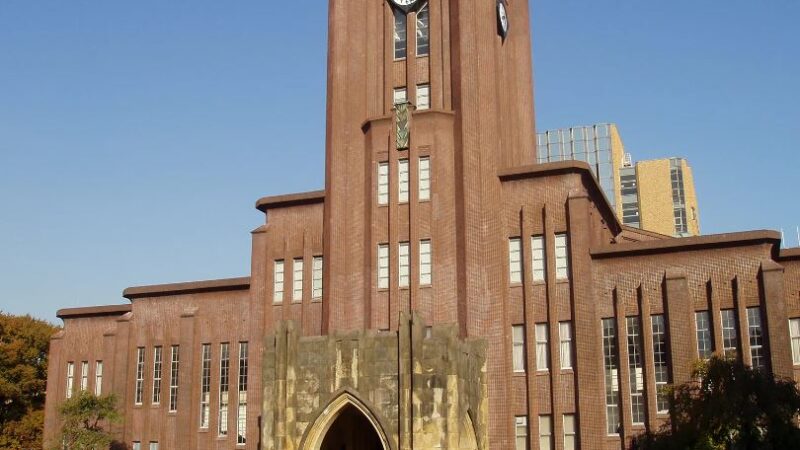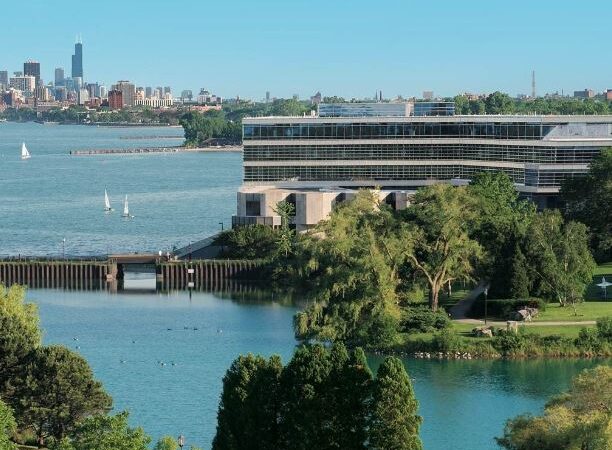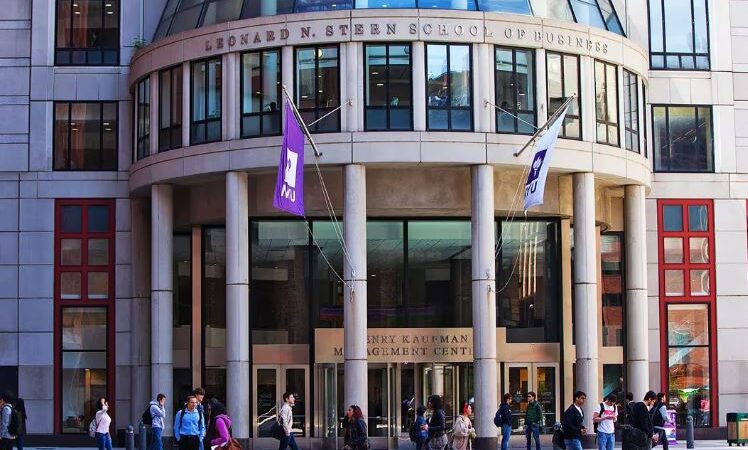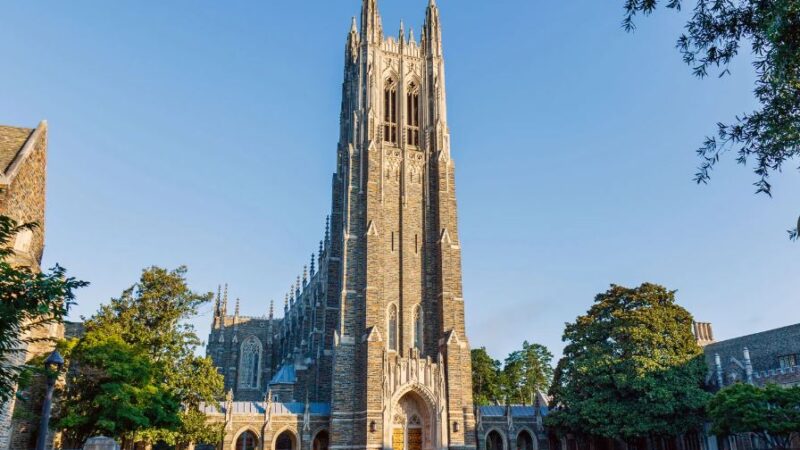Yale University: A Pillar of Academic Excellence and Cultural Legacy
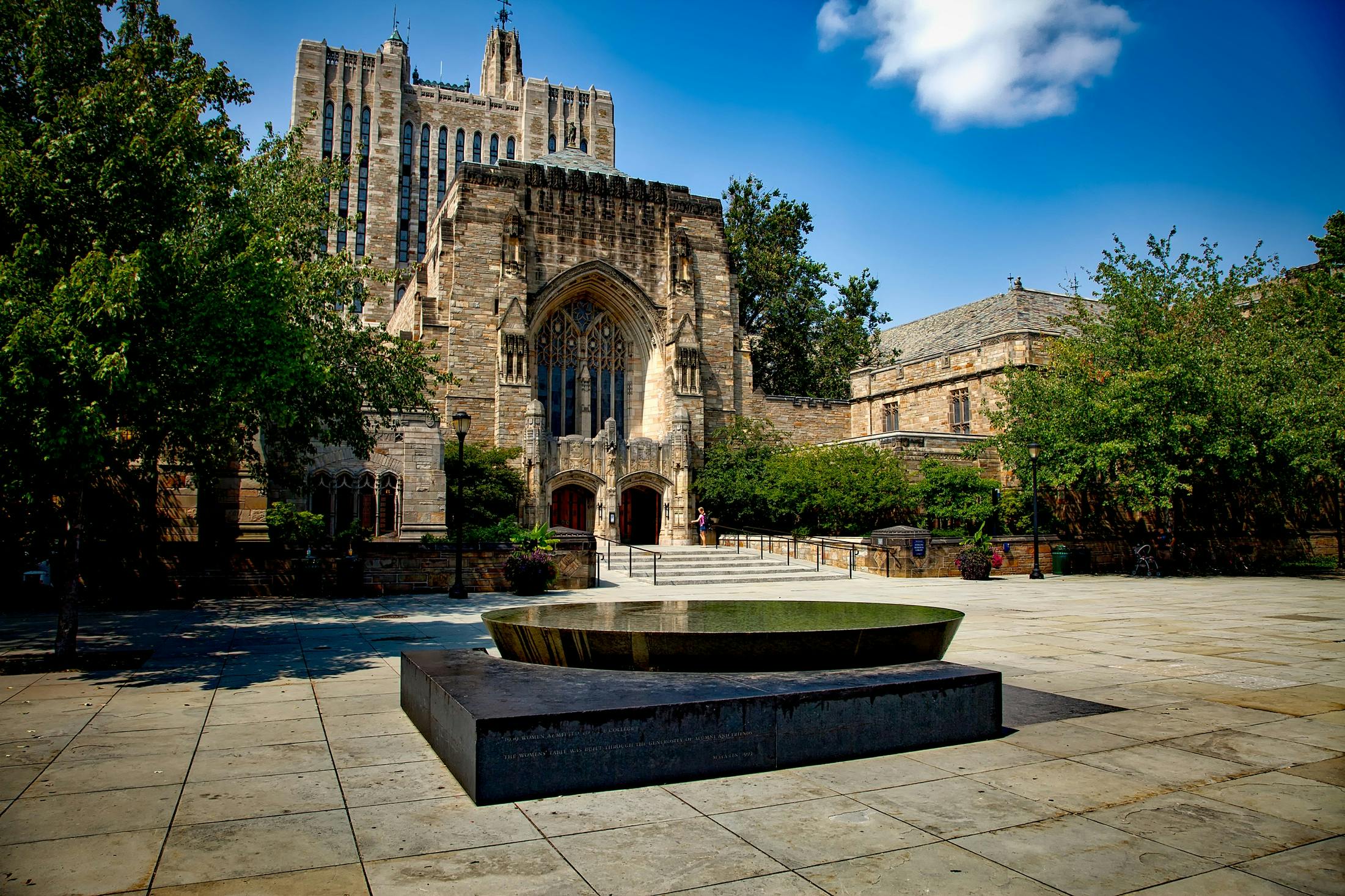
Introduction
Yale University, one of the most prestigious institutions of higher education in the world, is synonymous with academic excellence, historical significance, and cultural impact. Located in New Haven, Connecticut, Yale’s legacy dates back to its founding in 1701. As a member of the Ivy League, it has produced numerous influential leaders, scholars, and innovators. This article delves into Yale’s rich history, its academic and cultural contributions, and its role in shaping global education.
Historical Background
Yale University was established as the Collegiate School in 1701 by clergy seeking to educate future leaders in church and state. It was renamed Yale College in 1718 in honor of Elihu Yale, a benefactor whose donations helped sustain the fledgling institution. The early curriculum focused on theology and the classics, reflecting the religious and cultural values of the time.
The university’s early years were marked by modest growth and frequent relocations. Its permanent home in New Haven was established in 1716, where it has remained since. Yale’s first building, Connecticut Hall, still stands today as a symbol of its enduring heritage.
Academic Evolution and Expansion
Yale’s academic programs have evolved significantly over the centuries. Initially, the curriculum was narrow, emphasizing classical studies, Latin, Greek, and religious education. However, by the 19th century, Yale began to diversify its academic offerings, reflecting the broader changes in American higher education.
In 1810, Yale established its Medical School, one of the earliest in the United States. This was followed by the creation of the Yale Law School in 1824 and the Yale Divinity School in 1822. The founding of the Yale Graduate School of Arts and Sciences in 1847 marked a significant expansion in its commitment to advanced research and scholarship.
The 20th century saw further diversification with the establishment of the School of Music, School of Art, School of Drama, School of Architecture, School of Forestry & Environmental Studies (now the School of the Environment), and the School of Management. These additions transformed Yale into a comprehensive university with a wide array of academic disciplines.
Yale’s Architectural Heritage
Yale’s campus is renowned for its architectural beauty, blending Gothic, Georgian, and modern styles. The university’s architects have included prominent figures such as James Gamble Rogers, Eero Saarinen, and Cesar Pelli. The Gothic Revival style is particularly evident in buildings like the Sterling Memorial Library, Harkness Tower, and the residential colleges, which evoke the grandeur of medieval European universities.
Yale’s residential college system, inspired by the colleges of Oxford and Cambridge, was established in the 1930s. Each college serves as a microcosm of the university, fostering close-knit communities within the larger institution. The residential colleges have their own dining halls, libraries, and social spaces, creating a unique living-learning environment.
Academic Excellence and Innovations
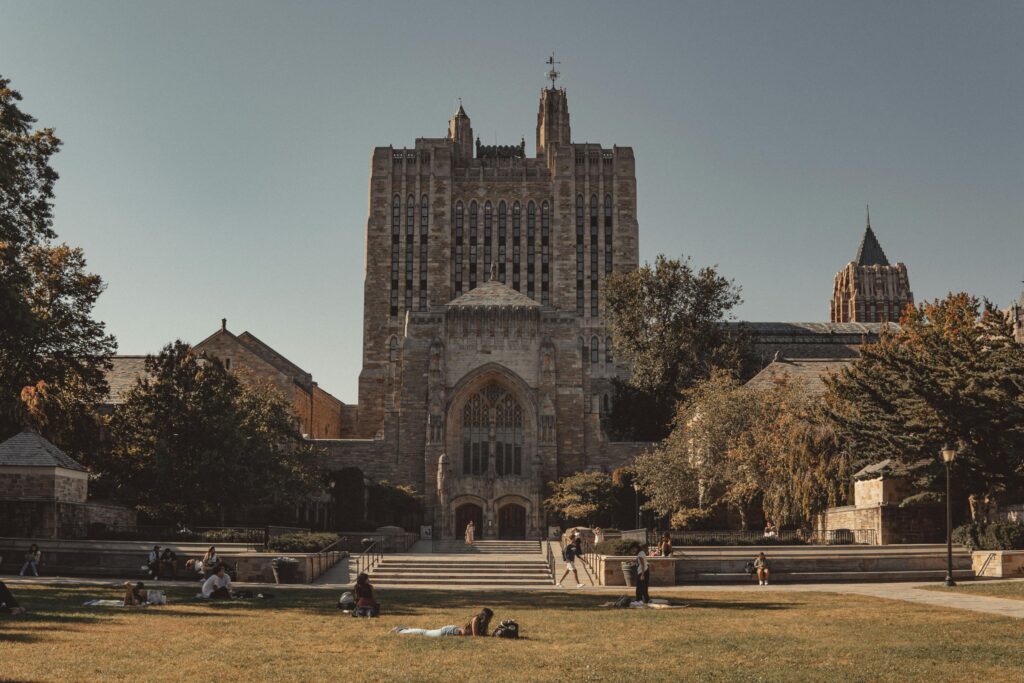
Yale University is consistently ranked among the top universities globally, known for its rigorous academic standards and influential faculty. Its commitment to academic excellence is reflected in its numerous research centers, libraries, and museums. Yale’s faculty includes Nobel laureates, Pulitzer Prize winners, and members of prestigious academies.
The university’s emphasis on interdisciplinary research has led to significant innovations and discoveries. Yale scientists have made groundbreaking contributions in fields such as genetics, neuroscience, and environmental science. The Yale School of Medicine, in particular, is renowned for its research in cancer, cardiovascular disease, and immunology.
Yale’s commitment to the arts and humanities is equally strong. The Yale School of Drama, for instance, is one of the world’s leading institutions for theater education, producing notable alumni such as Meryl Streep, Lupita Nyong’o, and Paul Newman. The Yale School of Music offers world-class training in performance, composition, and music theory.
Global Influence and Alumni
Yale’s influence extends far beyond its New Haven campus. Its alumni include five U.S. Presidents—William Howard Taft, Gerald Ford, George H.W. Bush, Bill Clinton, and George W. Bush—as well as numerous foreign leaders, Supreme Court justices, and influential figures in business, science, and the arts.
The Yale Alumni Association fosters a lifelong connection among graduates, offering a network of resources and opportunities worldwide. The association supports various regional clubs, affinity groups, and interest-based networks, enabling alumni to engage with Yale’s vibrant community long after graduation.
Cultural Contributions and Campus Life
Yale’s cultural contributions are vast and varied, reflecting its commitment to fostering creativity and intellectual engagement. The Yale University Art Gallery, established in 1832, is the oldest university art museum in the United States. Its extensive collection includes works from ancient times to the present, representing a wide range of cultures and artistic traditions.
The Yale Center for British Art houses the largest collection of British art outside the United Kingdom, showcasing the richness of British cultural heritage. The Beinecke Rare Book & Manuscript Library, one of the largest buildings in the world devoted entirely to rare books and manuscripts, contains treasures such as the Gutenberg Bible and the Voynich Manuscript.
Student life at Yale is vibrant and dynamic, with over 500 student organizations catering to a wide range of interests. These include academic societies, cultural groups, political organizations, and athletic teams. The Yale Daily News, founded in 1878, is the oldest college daily newspaper in the United States, providing a platform for student journalism and discourse.
Yale’s athletic teams, known as the Bulldogs, compete in the Ivy League and have a storied history in collegiate sports. The annual Yale-Harvard football game, known as “The Game,” is one of the oldest and most celebrated rivalries in American sports.
Commitment to Diversity and Inclusion
Yale University is dedicated to fostering a diverse and inclusive community. The university’s initiatives aim to increase access and support for underrepresented groups, ensuring that Yale’s resources and opportunities are available to all.
The Office of Diversity and Inclusion works to promote a welcoming environment for students, faculty, and staff from diverse backgrounds. Yale’s cultural centers, including the Afro-American Cultural Center, Asian American Cultural Center, La Casa Cultural, and the Native American Cultural Center, provide spaces for cultural celebration, education, and advocacy.
Yale’s commitment to financial aid ensures that a Yale education is accessible to students from all socioeconomic backgrounds. The university’s need-blind admissions policy and generous financial aid packages mean that students are admitted based on their potential, not their ability to pay.
Sustainability and Environmental Stewardship
Yale University is a leader in sustainability and environmental stewardship. The Yale Office of Sustainability coordinates efforts to reduce the university’s environmental footprint, promote sustainable practices, and integrate sustainability into the curriculum.
Yale’s Sustainability Plan 2025 outlines ambitious goals for reducing greenhouse gas emissions, conserving resources, and enhancing the campus ecosystem. The university’s investments in renewable energy, sustainable transportation, and green building practices reflect its commitment to environmental responsibility.
The Yale School of the Environment, one of the oldest and most respected environmental studies programs in the world, plays a crucial role in advancing knowledge and solutions to global environmental challenges. The school’s research and education initiatives address critical issues such as climate change, biodiversity conservation, and sustainable development.
Future Directions and Challenges
As Yale University looks to the future, it faces both opportunities and challenges. The university’s strategic initiatives aim to enhance its global impact, foster innovation, and strengthen its community.
Yale’s ongoing investments in research infrastructure, faculty recruitment, and academic programs will ensure its continued leadership in higher education. The university’s commitment to interdisciplinary collaboration and global engagement will drive new discoveries and solutions to pressing global issues.
However, Yale also faces challenges, including the need to adapt to a rapidly changing educational landscape, address issues of equity and inclusion, and manage financial sustainability. The university’s leadership and community are actively engaged in addressing these challenges, ensuring that Yale remains a beacon of excellence and innovation.
Conclusion
Yale University stands as a testament to the enduring power of education, scholarship, and cultural enrichment. Its rich history, commitment to academic excellence, and global influence make it a cornerstone of higher education. As Yale continues to evolve and adapt to the changing world, it remains dedicated to its mission of creating, preserving, and disseminating knowledge for the betterment of society.
From its founding in the early 18th century to its current status as a leading global university, Yale’s journey is a story of vision, resilience, and impact. Its contributions to knowledge, culture, and society will continue to inspire and shape future generations.
